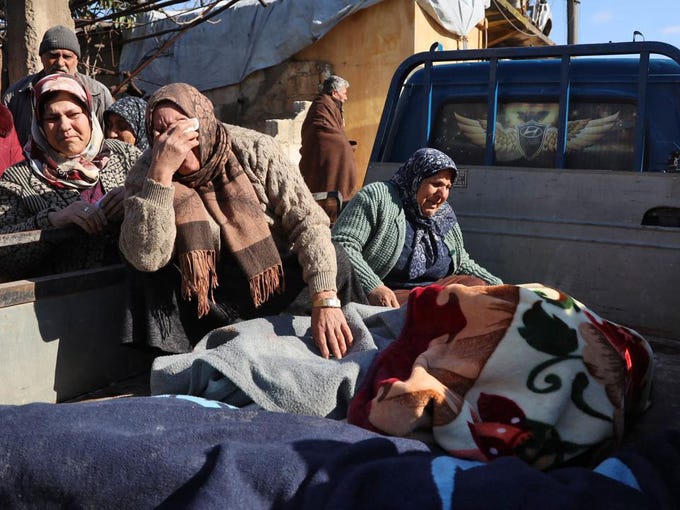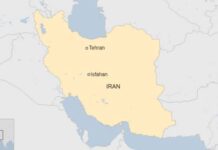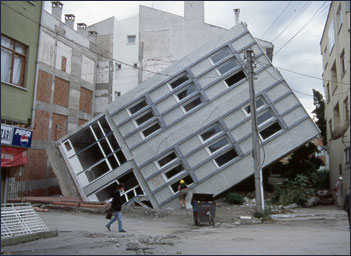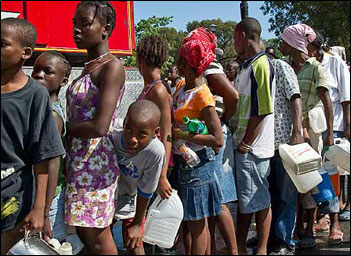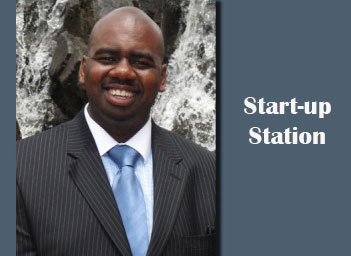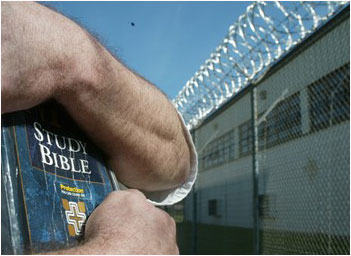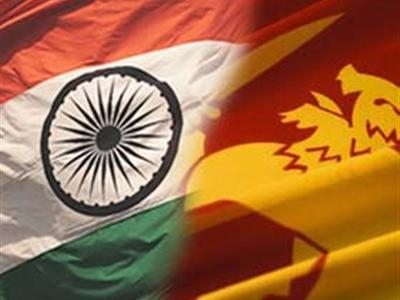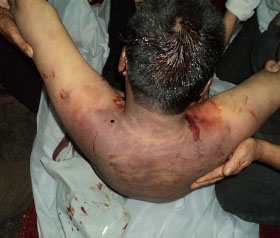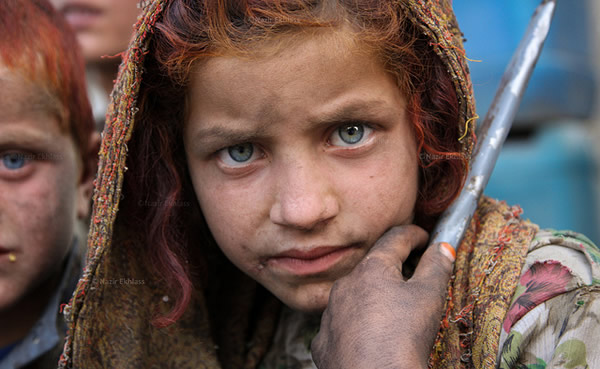AN unnamed Turkish man dug through the rubble. The stench from rotting corpses filled his nostrils; the cries from trapped survivors pierced his ears. Finally, he located a little girl he could help, removed the surrounding debris, and gently pulled her from the clutches of death.
And social media cursed him.
The man filmed the whole episode on Facebook Live. And contrary to his expectations, comments of derision poured in from across the country. While his religion is unstated, Turkish Christians warned of similar earthquake exploitation from their brothers and sisters in faith.
When Bibles were distributed in Kahramanmaras, between the epicenters of the 7.8- and 7.5-magnitude quakes that killed 47,000 people along the Turkey-Syria border, local authorities responded by saying they did not want help from the church.
“This is not the way of Jesus; it is opportunistic, and doesn’t work,” said Ilyas Uyar, an elder in the Protestant Church Foundation of Diyarbakir. “We say we are Christians all the time, but it is disgusting to connect this to aid.”
The Protestant Association of Turkey (TeK) has been hard at work to establish guidelines. Last week, after expressing a “debt of gratitude” to all who have prayed and given to support relief efforts, it issued six directives.
Alongside the prohibition of Bibles and evangelistic materials was a basic request to work with the local church to navigate Turkish sensitivities. These included basic requests to coordinate aid, as well as the avoidance of political commentary and unauthorized photos.
But permission is not the only issue. A Christian group from Italy came to Diyarbakir to offer help, Uyar said. They filmed and took pictures and then asked for church assistance to move onward to Kahramanmaras.
Perhaps they will return home and help raise funds. But to spare overburdened local volunteers from playing tour guide, TeK suggested three hubs for communication and collection of donations.
The first is an organization.
First Hope Association (FHA), a disaster relief agency founded by Turkish Protestants, has long cooperated closely with the official authorities. Over 10 tractor trailers have been dispatched to deliver 55 generators, 150 beds, 200 heaters, 3,000 blankets, and 12,000 cans of food.
Over 4,000 people benefit daily from FHA hygiene trucks.
But echoing TeK concerns about Bibles, FHA board chairman Demokan Kileci described his anger at how many Christian organizations are fundraising off the disaster.
Others, he lamented, are well-intentioned humanitarian tourists.
“They fly over a group of 20 people, stay in hotels, and rent cars and to come to the area,” he said. “Meanwhile, our people can’t even find places to sleep.”
Turkey is not backwards, he continued, as it works according to European standards with professionally trained experts. And the church has started to supply psychological support for its many volunteers.
Trauma care workers and programs for children can wait for a month.
Even so, the job is too large for Turkey alone. FHA was designated by the government to facilitate the assistance of Samaritan’s Purse, which has set up a virtual mini-city with 22 tents, a 52-bed field hospital, and a rotating crew of about 100 international disaster relief specialists.
“We offered our help, and they immediately took it,” said Franklin Graham, president and CEO of the evangelical aid association. “We are open about our Christian faith, but did not come to distribute shoe boxes.”
Operation Christmas Child, the popular holiday outreach which has sent 209 million gift boxes around the world, has direct evangelistic and discipleship purposes. But in Turkey, Samaritan’s Purse is focused on the immediate need to save life, Graham said. Working through the US embassy, he praised the Turkish military for helicopter delivery to the parking lot of a collapsed hospital facility outside Antakya.
The local medical profession is devastated, he added.
A week after the quake, Samaritan’s Purse chartered a 747-sized airplane to deliver over 500 emergency shelter materials, including family tents that now house more than 3,500 people. More than 900 have received medical care, including 25 surgeries. Graham expects Samaritan’s Purse to be present for up to four months, replenishing supplies every 10 days, and will leave everything behind when Turkey is able to assume local care.
Until then, its staff lament the fires lit in the streets to help people stay warm.
“You look at great suffering, but don’t get paralyzed,” stated Aaron Ashoff, deputy director of international projects, who takes strength from the psalms. Read the full story here.



